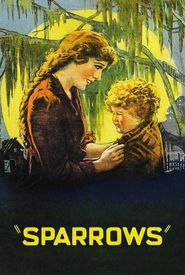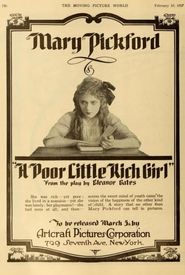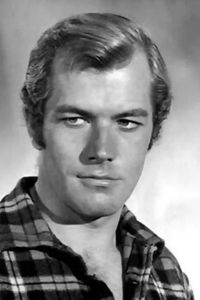Mary Pickford, born Gladys Louise Smith, was a Canadian actress and producer who made a significant impact in the film industry during the early 20th century. Born on April 8, 1892, in Toronto, Ontario, Canada, to Elsie Charlotte Hennessy and John Charles Smith, Pickford was of English and Irish descent. She began her career in the theater at the tender age of seven, touring with her family in various theater companies under the stage name "Baby Gladys Smith".
As a child, Pickford's life took a dramatic turn when she fell seriously ill with diphtheria. It was during this time that her devout maternal grandmother insisted on her receiving a Catholic baptism, which resulted in her middle name being changed to Marie. This significant event marked a turning point in Pickford's life, setting her on a path that would ultimately lead her to become one of the most iconic figures in Hollywood.
In 1907, Pickford adopted the family name Pickford and joined the David Belasco troupe, appearing in the long-running play "The Warrens of Virginia". Her breakthrough in films came in 1909 when she began working with the American Mutoscope & Biograph company, under the direction of the renowned D.W. Griffith. Her early film appearances were followed by a stint with the IMP Film Co. under Carl Laemmle in 1911, which she left shortly after to return to Biograph in 1912.
Pickford's subsequent career was marked by a series of significant milestones. In 1913, she joined the Famous Players Film Company under Adolph Zukor, a move that would ultimately lead to her co-founding United Artists with Griffith, Charlie Chaplin, and her future husband, Douglas Fairbanks, in 1919. Prior to this, she had also joined First National Exhibitor's Circuit in 1918, further solidifying her position as a leading figure in the film industry.
Throughout her illustrious career, Pickford was recognized with numerous accolades, including an Academy Award for Best Actress in 1930 for her role in "Coquette". Her legacy extends far beyond her impressive filmography, however, as she is widely regarded as one of the most influential and pioneering women in the history of cinema.























































